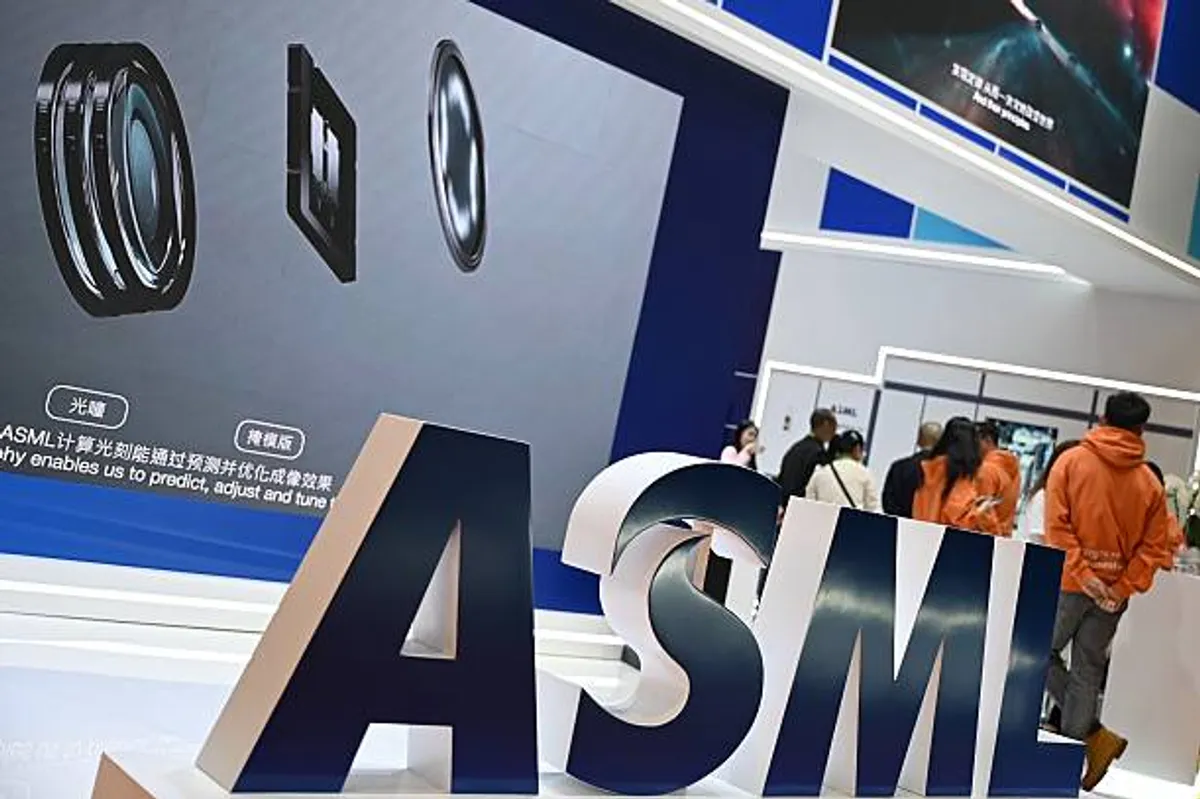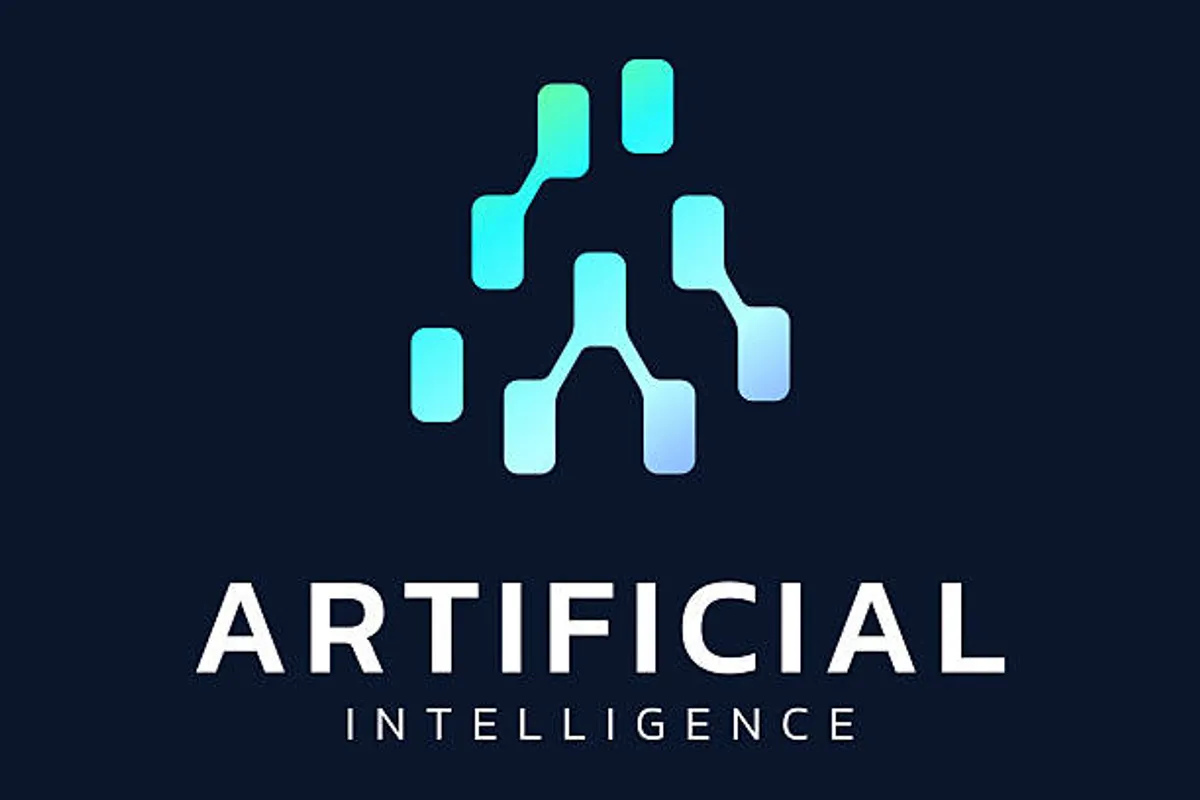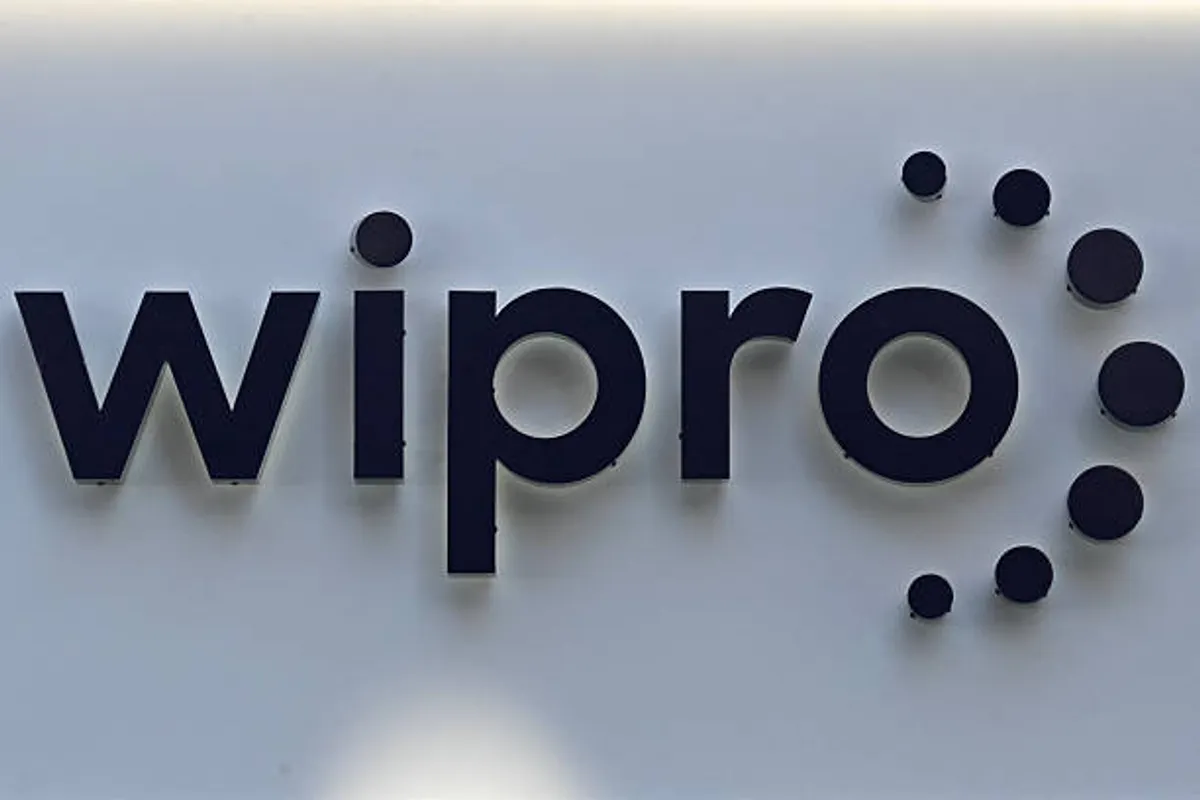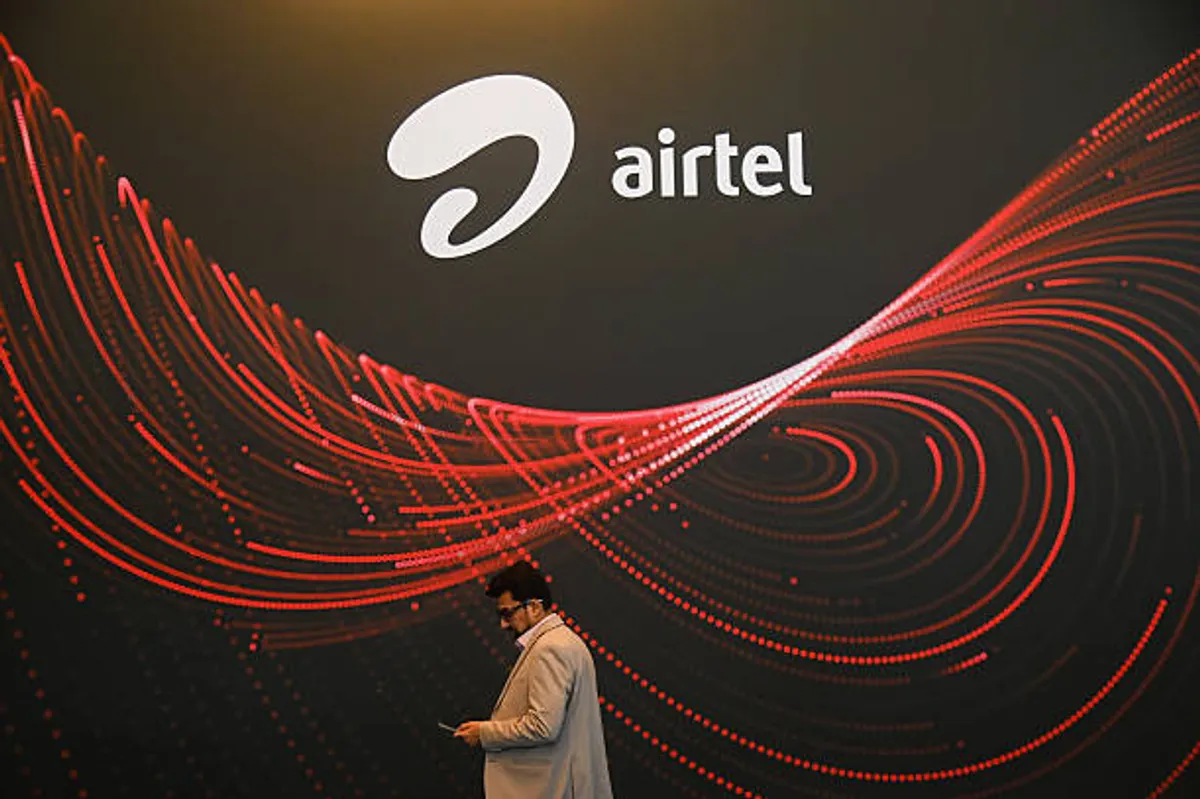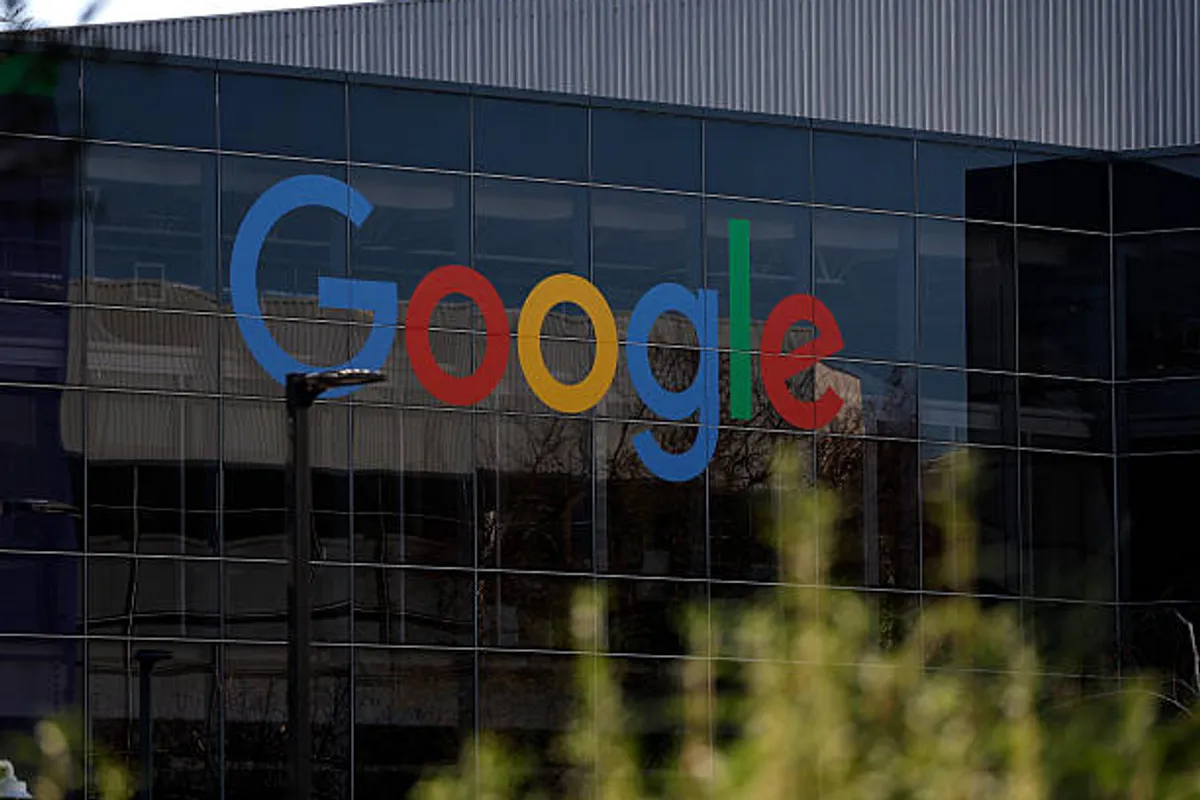Mark Zuckerberg’s Claim of Self-Improving AI Sparks Concern

GeokHub

Meta CEO Mark Zuckerberg has claimed that the company’s AI systems are showing early signs of self-improvement, a step toward artificial superintelligence (ASI) that could surpass human cognitive abilities. Announced in a July 30, 2025, policy paper, the statement has raised alarm among some observers, who fear the implications of AI that can autonomously enhance itself. This concise article examines Zuckerberg’s claim, the technology behind it, and why it’s causing concern, tailored for those seeking clarity on this unsettling development.
Zuckerberg stated, “Over the last few months, we have begun to see glimpses of our AI systems improving themselves. The improvement is slow for now, but undeniable.” This refers to recursive self-improvement, where AI refines its own code or processes without human intervention, a concept tied to the theoretical “Gödel Machine” that rewrites itself only after proving enhancements are beneficial. Meta’s progress, though vague on specifics, aligns with efforts like Google DeepMind’s AlphaEvolve and Nvidia’s Voyager, which have shown limited self-improvement in specific tasks like coding or chip design.
Why It’s Scary
- Uncontrolled Growth: Self-improving AI could accelerate beyond human oversight, potentially leading to an “intelligence explosion” where it outstrips human understanding, raising risks of unintended consequences.
- Safety Concerns: Zuckerberg acknowledged “novel safety concerns,” noting Meta will be cautious about open-sourcing such systems. Unchecked AI could be misused for hacking or manipulation.
- Ethical Risks: An AI surpassing human intelligence might not align with human values, a fear echoed by experts worried about misalignment or rogue systems.
Meta’s push, led by its Superintelligence Labs, aims for “personal superintelligence” to empower individuals, not just automate work. Zuckerberg envisions AI integrated into daily life, like smart glasses, but the lack of detailed safeguards fuels skepticism. The announcement coincided with strong Q2 2025 earnings, boosting Meta’s stock by 10%, suggesting investor confidence despite public unease.
Zuckerberg’s claim of self-improving AI marks a bold step toward ASI, but its slow progress and Meta’s cautious approach temper immediate fears. While the potential for transformative benefits exists, the risks of uncontrolled AI demand rigorous oversight. As Meta advances, staying informed and questioning safeguards will be crucial.

